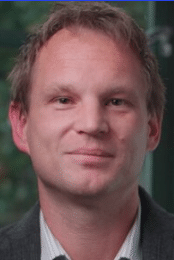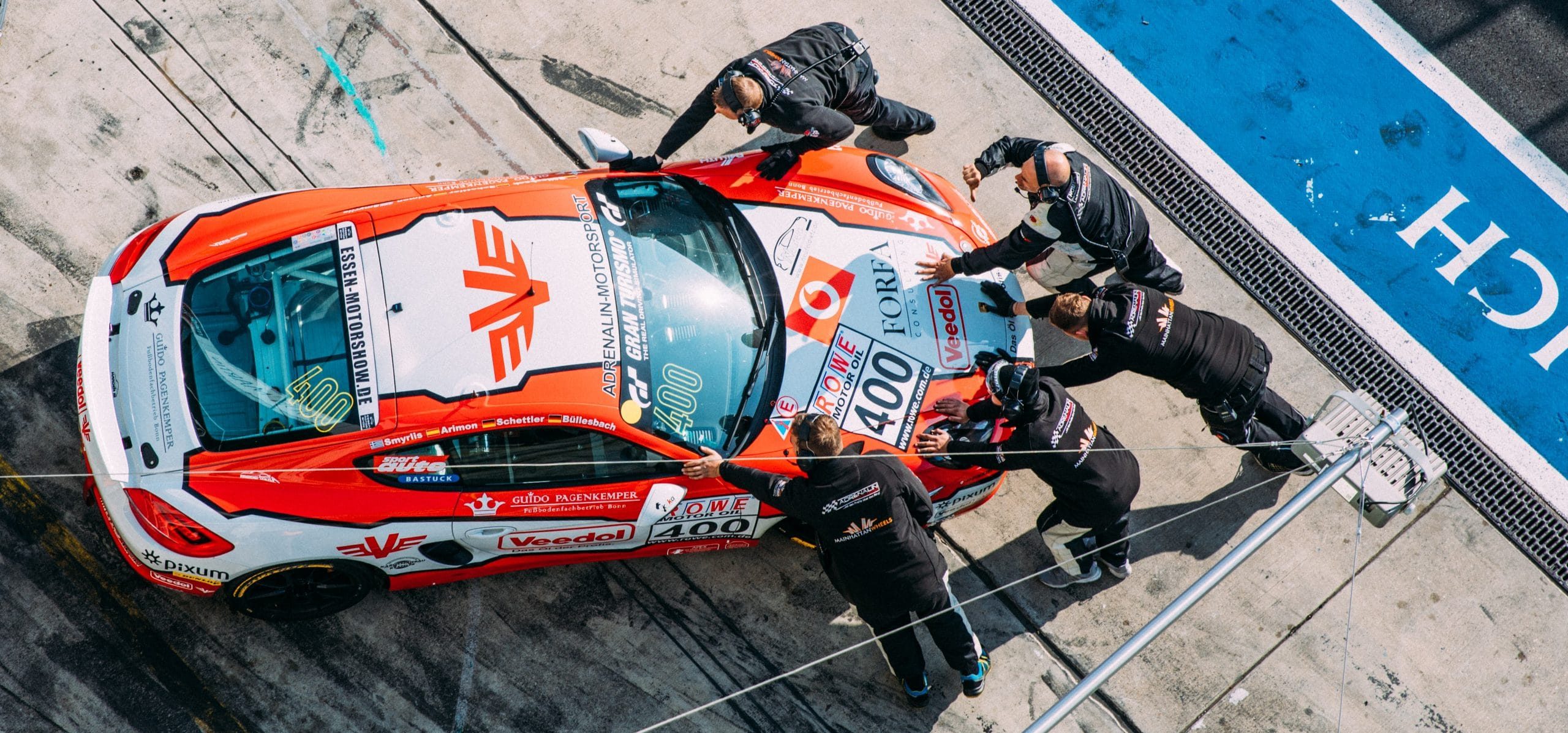 Ben Allen is a GP Partner & CCG board member. He is Passionate about person centred care, building successful teams, quality improvement and patient communication, involvement & empowerment. He is on Twitter: @BenAllenGP
Ben Allen is a GP Partner & CCG board member. He is Passionate about person centred care, building successful teams, quality improvement and patient communication, involvement & empowerment. He is on Twitter: @BenAllenGP
Primary care is overworked and overwhelmed. The GP crisis is exasperating for staff and patients alike. GP numbers continue to tumble. Part of the solution is before our very eyes: the receptionist. But perhaps not as we know them.
GPs’ days are frantically busy. But how much GP time is spent solving problems that could have been better solved by someone else? Either by a GP who knows them better, an external service or one of the many additional primary care network (PCN) roles? GPs also waste time untangling messy tasks like old referrals, prescriptions or sick notes.
One solution is to help patients and tasks get to the right clinician or service in the right time frame. To do this, we need people who can untangle the problems that present to Primary Care. Simple concepts like this are an absolute art to get right in practice. An art we simply can’t afford to miss.
What could we learn by comparing a GP to driver in the Grand Prix?
What could we learn by comparing a GP to driver in the Grand Prix? A highly trained Formula 1 team optimises car performance. They help make tough decisions at the race. They master the art of pit stops. A driver can succeed only because the conditions for success have been optimised around them.
How can conditions be optimised around a GP? Every item of work that comes in to a surgery should be carefully assessed with a view to passing it to the most appropriate person or service. If a clinical triage is required, high quality information should be gathered and presented to the GP. This support does not require a medical degree. It requires someone with care, curiosity, communication skills and time. Like an operating surgeon, GPs need at their finger tips the right staff, systems, and equipment. This can start now.
Beyond managing access, there are dozens of similar administrative tasks, for example incoming letters, problems with prescriptions and sick notes. With care and support, administrative staff can either clear the work entirely, or present the GP with all the key information that they need. Could staff even be trained to pass on simple common messages like certain blood results? Any recurrent activity that feels like a waste of time is an opportunity to improve.
Whilst it takes real care to find and nurture support staff, there are sufficient people with the personal qualities that are needed.
Last week a patient was determined that they needed a face to face appointment with a specific GP. Our receptionist’s skilful and sensitive perseverance established there was a problem with a prescription. Exploring the clinical system and communicating with the pharmacy, she resolved the patient’s problem herself. Several times, a fifteen-minute confusing phone call has been converted into a simple one-minute conversation between receptionist and GP. There are hundreds of examples.
The supply of GPs and clinical staff is out of our control. Whilst it takes real care to find and nurture support staff, there are sufficient people with the personal qualities that are needed. The training is vastly quicker. Our reception team were recruited from customer service, pubs, hairdressing and care work. Despite having no NHS experience, in months I’d estimate that they have the skills to enable GPs to be 30% more efficient. And they are an absolute joy to work with. Regardless of the GP recruitment crisis, the economic argument for this can also stand alone.
As the role of the receptionist evolves, we need to be mindful to take patients with us. Many patients don’t expect receptionists to be so involved. We need a sensitive and persistent message that communicates that empowered receptionists are key to ensuring they get the right help more of the time. Perhaps the title ‘receptionist’ needs to more accurately reflects the changing role. How about ‘Care Co-ordinator,’ ‘Care Navigator,’ ‘Patient Support team’?
We do need more GPs. We also need to ensure that current GPs are surrounded by Primary Care teams that are as optimised for success as you would find around a Formula 1 driver. When the whole team works, the whole team wins. Primary Care needs to start winning for the sake of our teams and our patients. Could your surgery be transformed by a Reception Revolution?
Featured image by Max Böttinger on Unsplash






